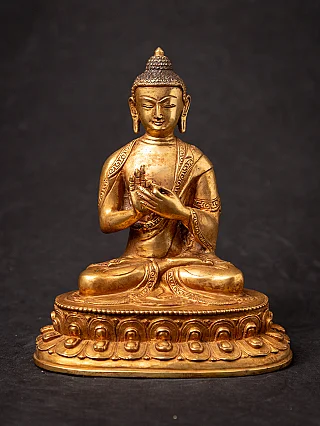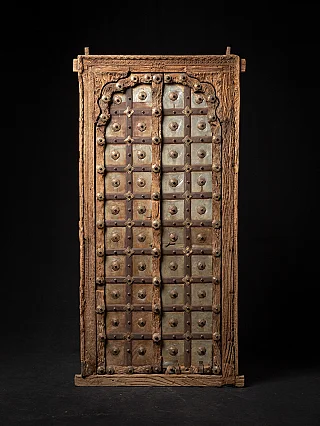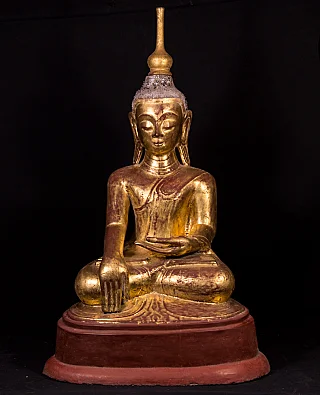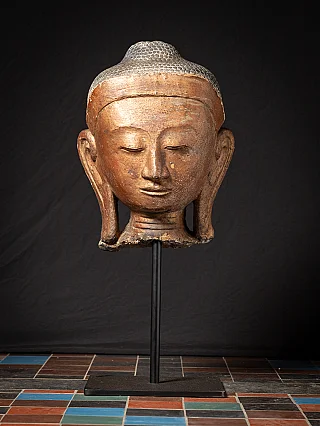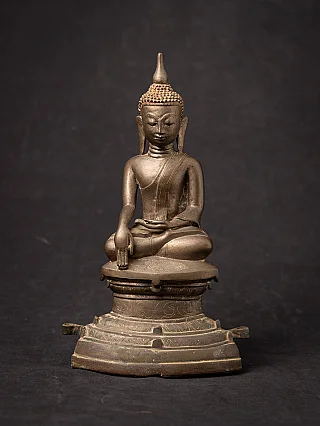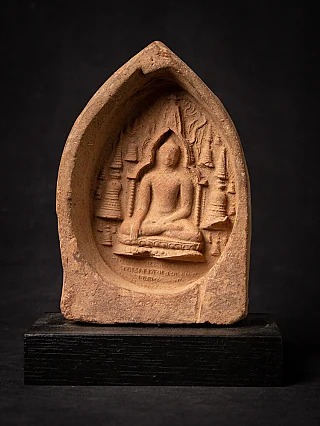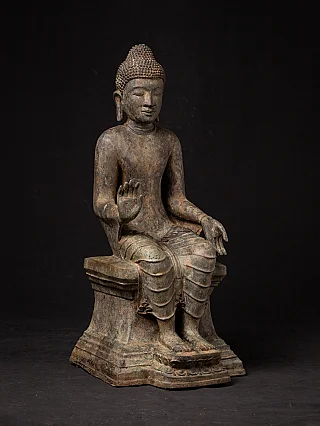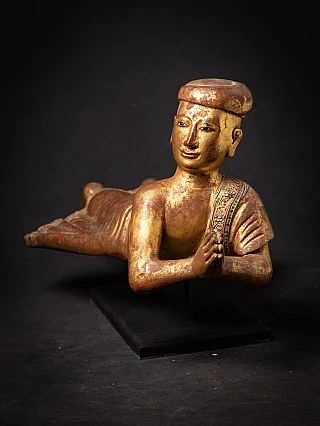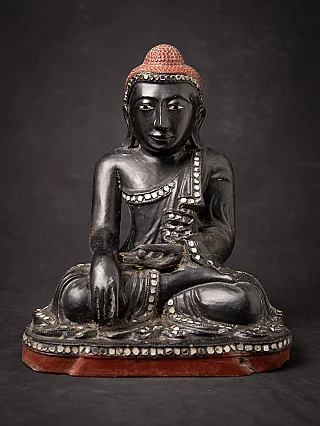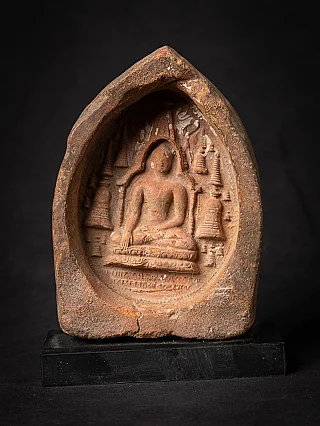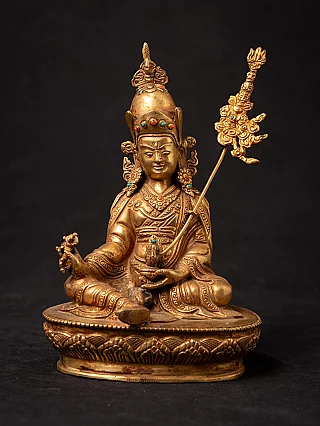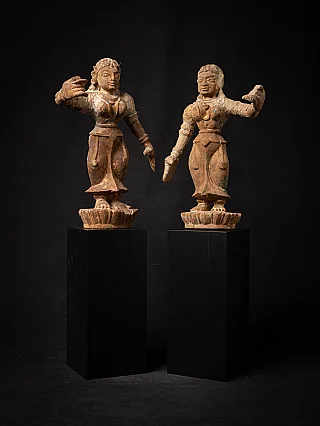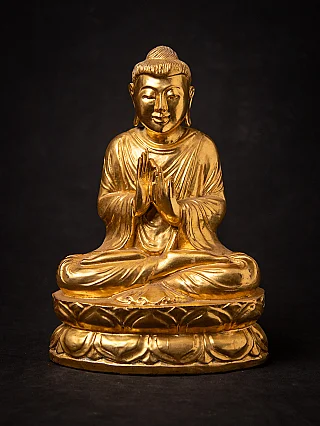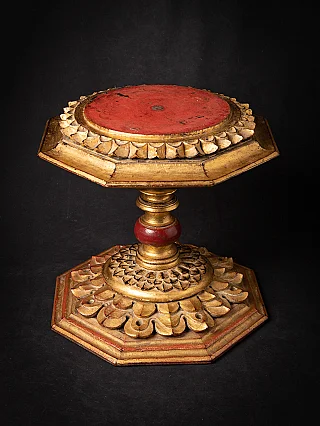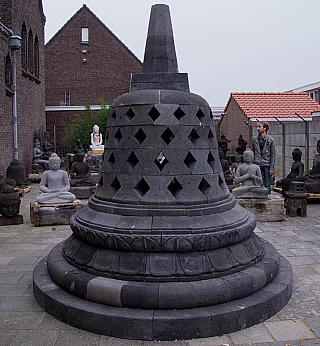Prajna Paramita - The Perfection of Buddhism
Author : Peter Vredeveld

The Perfection of Wisdom, popularly known as Prajna Paramita, mainly focuses on the Sanskrit term Prajna or Pali term Panni. Prajna is translated as Wisdom, and the perfection of Wisdom is known as Prajna Paramita.
In Buddhism, the paramitas are considered the perfection of virtues such as helping others, giving, or purifying Karma. There are six basic paramitas, but they differ from other traditions of Buddhism like Theravada Buddhism, Mahayana Buddhism, and so on. The Perfection of Wisdom is one of the six paramitas in Buddhism and is traditionally known as Prajna Paramita. In recent years, Mahayana and Theravada Buddhism have developed ten Perfections or Paramitas.
Prajna Paramita
The Perfection of Wisdom, popularly known as Prajna Paramita, mainly focuses on the Sanskrit term Prajna or Pali term Panni. Prajna is translated as Wisdom, and the perfection of Wisdom is known as Prajna Paramita. Wisdom in Buddhism is described as one's view on the nature of actual reality that consists of Dukkha (pain and suffering) and Sunyata (Emptiness). Among all the doctrines of Paramita, Prajna Paramita is considered the most difficult since understanding the Sunyata or Emptiness is quite tricky, and many Buddhist monks misunderstand the actual reality and true meaning behind this term "Sunyata." Sunyata, or Emptiness, is the core or heart of most Mahayana Buddhism doctrines.

According to Mahayana Buddhism, the Perfection of Wisdom is listed as the sixth but fourth paramita in Theravada Buddhism. It is believed that the perfection of Wisdom leads to the door to the path of Enlightenment. According to the sutra of Wisdom, Wisdom is defined as the realization and understanding of the true meaning of Sunyata or Emptiness.
In the Heart Sutra of Buddhism, Prajnaparamita is mentioned. According to the sutra, on the peak mountain in Rajagriha, Lord Buddha and his followers were gathered on the vulture peak mountain. There, Avalokiteshvara, Bodhisattva of Compassion, taught Sariputra, one of the two chief disciples of Buddha, about the Prajnaparamita teachings. Prajna Paramita was considered the second Wheel of Dharma, and it is also believed that Mahayana Buddhism was founded during that time. Prajna Paramita also brought the concept of Sunyata or the Emptiness of all phenomena.
Sunyata or Emptiness
Sunyata or Emptiness is considered the heart of Prajna Paramita since realizing Sunyata has always been one of the most challenging tasks for many Buddhist monks and followers. Sunyata is a Sanskrit term translated as Emptiness, voidness, etc. However, the meaning may differ according to various Buddhist doctrines and texts. According to Theravada Buddhism, Sunyata or Emptiness means not self. But in Mahayana Buddhism, the true meaning of Sunyata is much more than that of Theravada. Sunyata includes all the phenomena that are without self-essence.
Prajna Paramita in Tibetan Buddhism
In Tibetan Buddhism, the figure of Prajnaparamita is considered the representation of transcendent Wisdom and is popularly known as The Great Mother. In Tibet, she is known by the name Yum Chenmo. It is believed that the figure of Prajnaparamita realized and found the true meaning of all the existence of Emptiness and saw all Emptiness. In Tibetan Buddhism, Prajna Paramita is depicted as the personification of a divine body figure with a body entirely of golden color.
Share this page

















